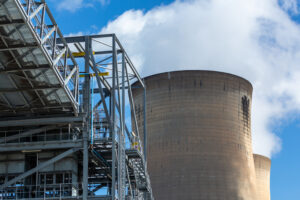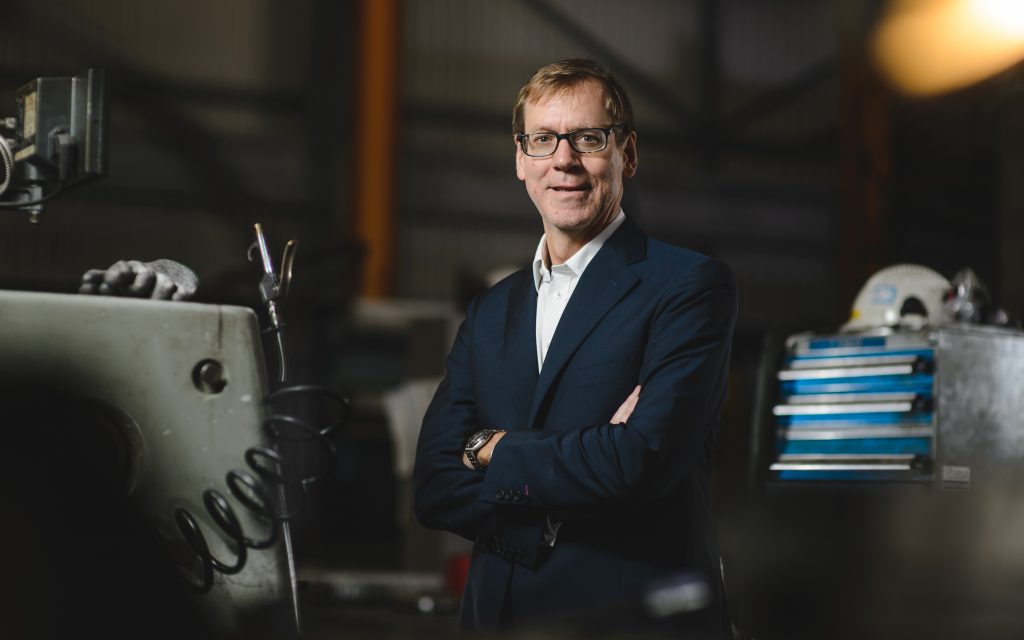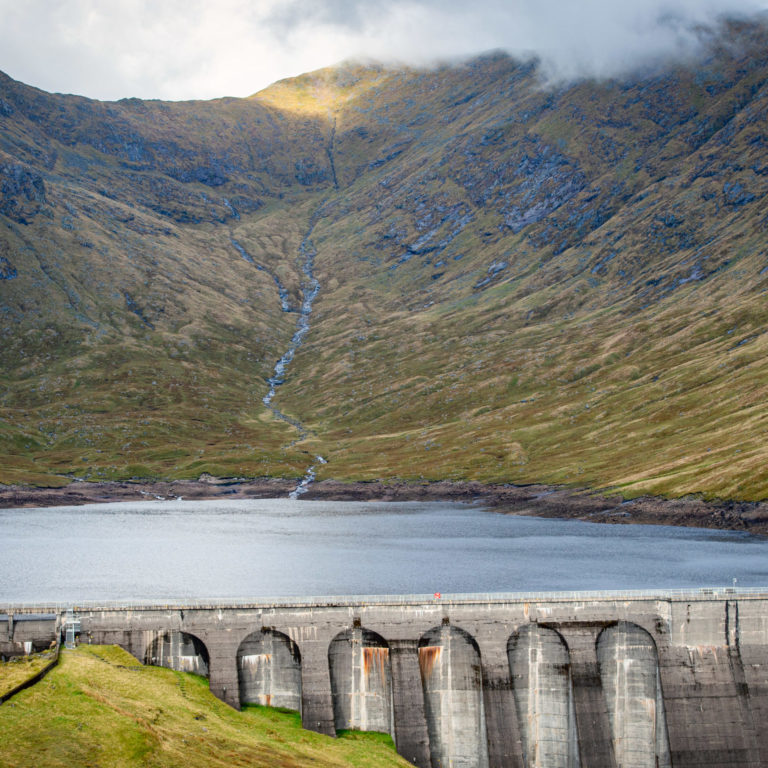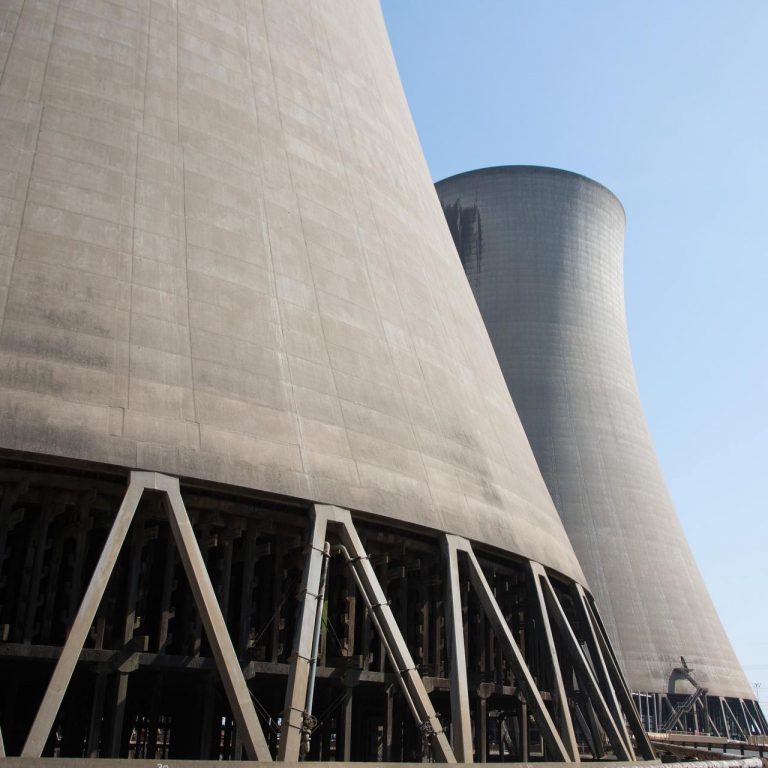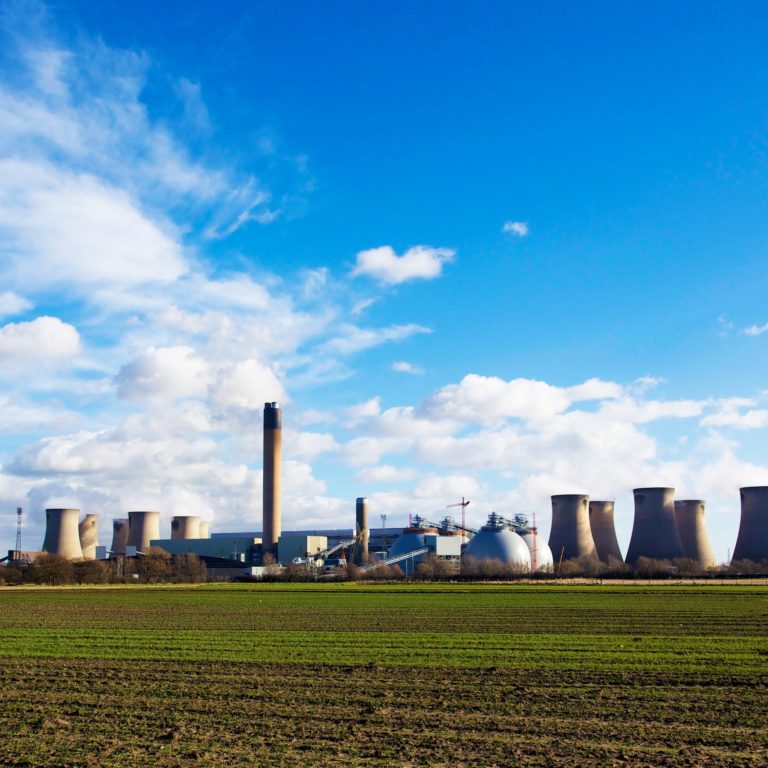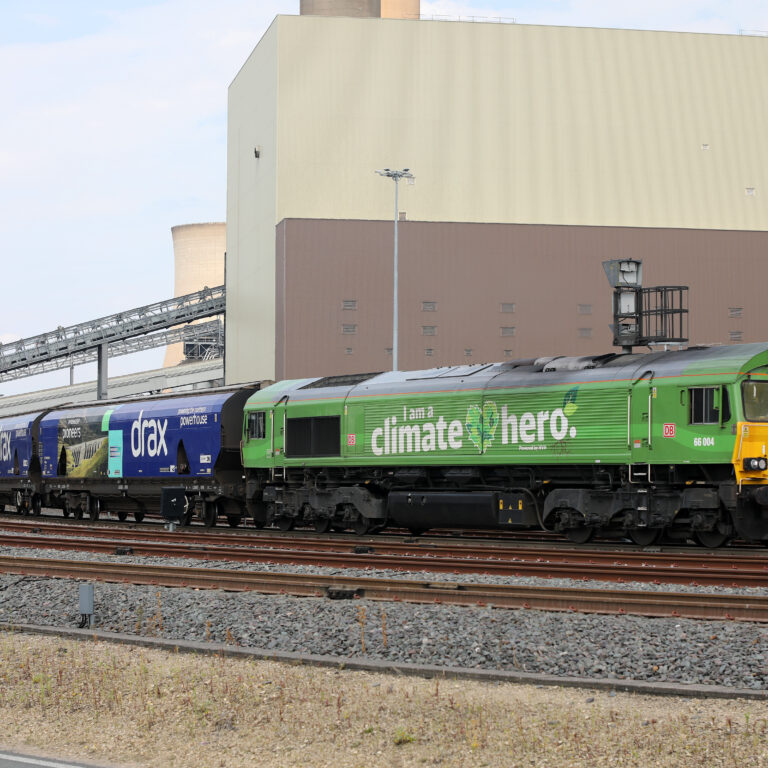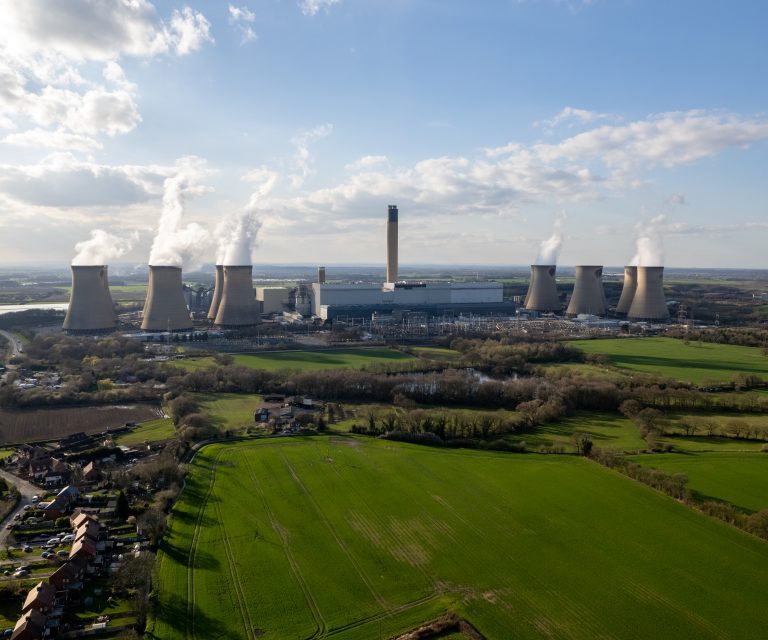The Alliance is a group of over 120 global CEOs who work together to tackle the climate emergency, reduce the CO2 emissions their businesses produce and inspire other organisations to do the same.
Will’s membership of the Alliance is in recognition of Drax’s ambition of becoming a carbon negative company by 2030 and the anticipated role the company will play in delivering the carbon removals technology that will be critical in limiting global warming to 1.5C or 2C.
He will also be able to share with other Alliance members his experience of delivering a reduction in the business’ carbon emissions from power generation and how Drax is positioning itself to become a world leader in sustainable biomass and developing new carbon removal technologies.
Drax aspires to lead the world in engineered carbon removals through the deployment of bioenergy with carbon capture and storage (BECCS). Once operational, BECCS will generate dispatchable, renewable power while permanently removing carbon from the atmosphere.
Drax Group CEO, Will Gardiner, said:
“This is a pivotal period to join the World Economic Forum’s Alliance of CEO Climate Leaders and I am excited to work closely with the WEF and other senior leaders to tackle the climate crisis. I’m looking forward to sharing Drax’s expertise with other Alliance members as well as learning from other companies and sectors as to how we can further innovate and reduce our emissions.
“Drax’s purpose is to enable a zero carbon, lower cost energy future and this aligns with the Alliance’s goal of taking bold climate action. In the coming years, the planet will need more renewable energy, more flexible energy systems to make the best use of intermittent wind and solar energy, and crucially, greenhouse gas removal technologies, like Bioenergy with Carbon Capture and Storage.”
World Economic Forum Head of Climate Ambition Initiatives, Pim Valdre, said:
“We are delighted that Will has joined us as a member of the Alliance of CEO Climate Leaders. Drax’s commitment to using science-based targets to reduce its carbon emissions and lead the world in the development of BECCS will help inspire other organisations to take positive steps to develop and deploy the technologies needed to tackle the climate crisis. We are looking forward to working with Will and the wider Drax team over the coming years.”
Scientists from the UN’s IPCC have said that carbon removals from BECCS are needed to address the climate crisis and limit global warming to 1.5C above pre-industrial levels. The first state of carbon dioxide removal report, led by the University of Oxford, argues that all pathways that limit warming to 1.5C or 2C involve substantial levels of carbon dioxide removals between 2020 and 2100, ranging from 450 to 1,100 GtCO2.
Drax anticipates that there is strong potential for growth in the carbon removals delivered through BECCS and by 2030, its plans for the UK and North America could remove 12MtCO2 permanently from the atmosphere each year.
ENDS
Media contacts:
Andy Low
Media Manager
E: [email protected]
T: 07841 068 415
Editor’s Notes
About Drax:
Drax Group’s purpose is to enable a zero carbon, lower cost energy future and in 2019 announced a world-leading ambition to be carbon negative by 2030, using bioenergy with carbon capture and storage (BECCS) technology.
Drax’s around 3,000 employees operate across three principal areas of activity – electricity generation, electricity sales to business customers and compressed wood pellet production and supply to third parties. For more information visit www.drax.com
Power generation:
Drax owns and operates a portfolio of renewable electricity generation assets in England and Scotland. The assets include the UK’s largest power station, based at Selby, North Yorkshire, which supplies five percent of the country’s electricity needs.
Having converted Drax Power Station to use sustainable biomass instead of coal it has become the UK’s biggest renewable power generator and the largest decarbonisation project in Europe. It is also where Drax is piloting the groundbreaking negative emissions technology BECCS within its CCUS (Carbon Capture Utilisation and Storage) Incubation Area.
Its pumped storage, hydro and energy from waste assets in Scotland include Cruachan Power Station – a flexible pumped storage facility within the hollowed-out mountain Ben Cruachan.
The Group also aims to build on its BECCS innovation at Drax Power Station with a target to deliver 4 million tonnes of negative CO2 emissions each year from new-build BECCS outside of the UK by 2030 and is currently developing models for North American and European markets.
Pellet production and supply:
The Group has 18 operational pellet plants and developments with nameplate production capacity of around 5 million tonnes a year.
Drax is targeting 8 million tonnes of production capacity by 2030, which will require the development of over 3 million tonnes of new biomass pellet production capacity. The pellets are produced using materials sourced from sustainably managed working forests and are supplied to third party customers in Europe and Asia for the generation of renewable power.
Drax’s pellet plants supply biomass used at its own power station in North Yorkshire, England to generate flexible, renewable power for the UK’s homes and businesses, and also to customers in Europe and Asia.
Customers:
Drax supplies renewable electricity to UK businesses, offering a range of energy-related services including energy optimisation, as well as electric vehicle strategy and management.
To find out more go to the website www.energy.drax.com





